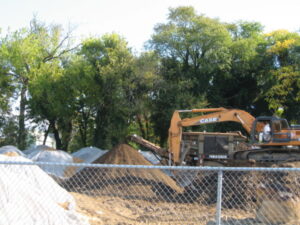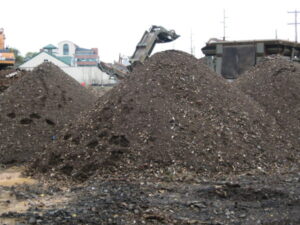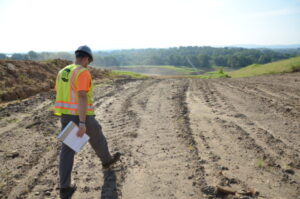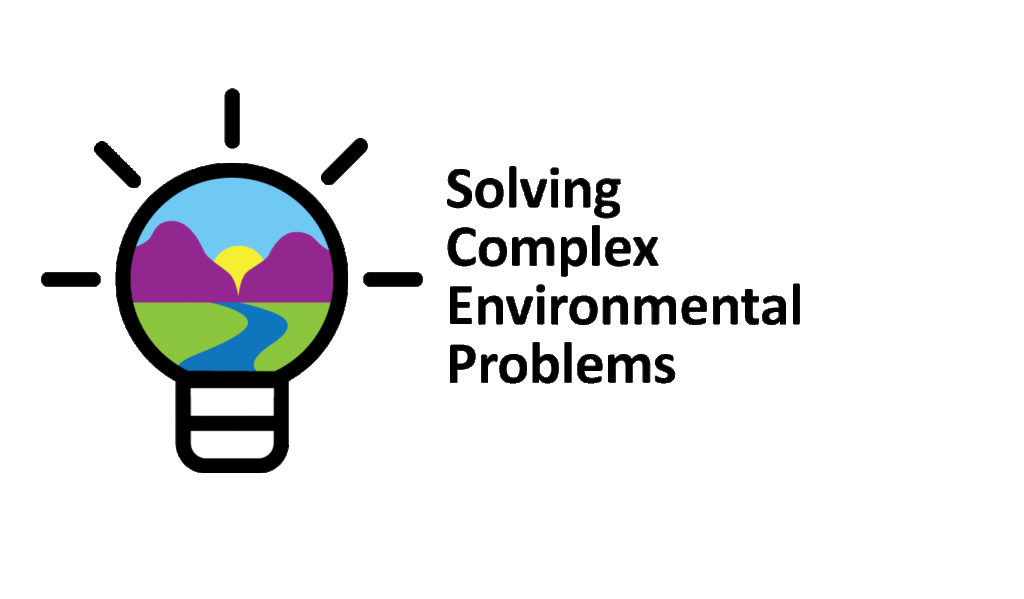
If you are in the construction or redevelopment business, you already know how frustrating and costly construction delays can be when unplanned environmental issues arise. The discovery of soils and/or materials impacted with regulated substances can pose a safety concern for workers, shut down tight schedules and throw budgets into chaos. We frequently get calls from construction managers to solve problems that could have been easily managed before all the construction equipment arrived. The purpose of this paper is to help our friends in the construction and redevelopment business anticipate and manage environmental issues as an understood part of the process instead of as a surprise.
Simple up-front planning and development of a cost effective soils management plan can alleviate this common pain point for project stakeholders. The project development team should consider performing valuable and often simple investigations regarding the type and extent of potential soil impacts that may be present. These investigations can provide information that can be favorable to the overall project. Instead of reacting mid-construction (during excavation and off-site disposal of soil), stakeholders may be able to take advantage of regulatory programs such as the PADEP’s Land Recycling Program (Act 2) or other Voluntary Cleanup Programs (VCPs) to potentially leave impacted soils on-site; especially where construction plans enable capping of impacted soils under paved areas. Cut and fill plans can in some cases incorporate impacted soils into the overall balance; allowing for reuse and/or preapproved load and go disposal of impacted soil.
Furthermore, advance knowledge of soils and material conditions can augment an existing soils management plan, reduce risk and enable a site contractor to plan the required Health & Safety (H&S) measures to protect workers and the public. Site contractors may also be required to obtain various OSHA training certificates for personnel including
equipment operators to work at these kinds of facilities.

Another item to consider is fill material. Most states including Pennsylvania have management policy programs to evaluate fill quality. A person or entity placing solid waste onto the ground is generally required to obtain a disposal permit from the PADEP. A person or entity is not required to obtain a permit under the Solid Waste Management Act (SWMA) if they can demonstrate that the material qualifies as clean fill in accordance with the municipal and residual waste regulations. In January 2020, a new Management of Fill Policy was released that provides the PADEP’s procedures for determining whether fill is “clean fill” or “regulated fill”.

Luckily, you don’t need to be an expert in environmental issues to avoid common soil management pitfalls. The experts at BSTI can help you with this planning process.
For more information contact Ethan Prout, P.G. at eprout@bstiweb.com or (610) 806-5051.






